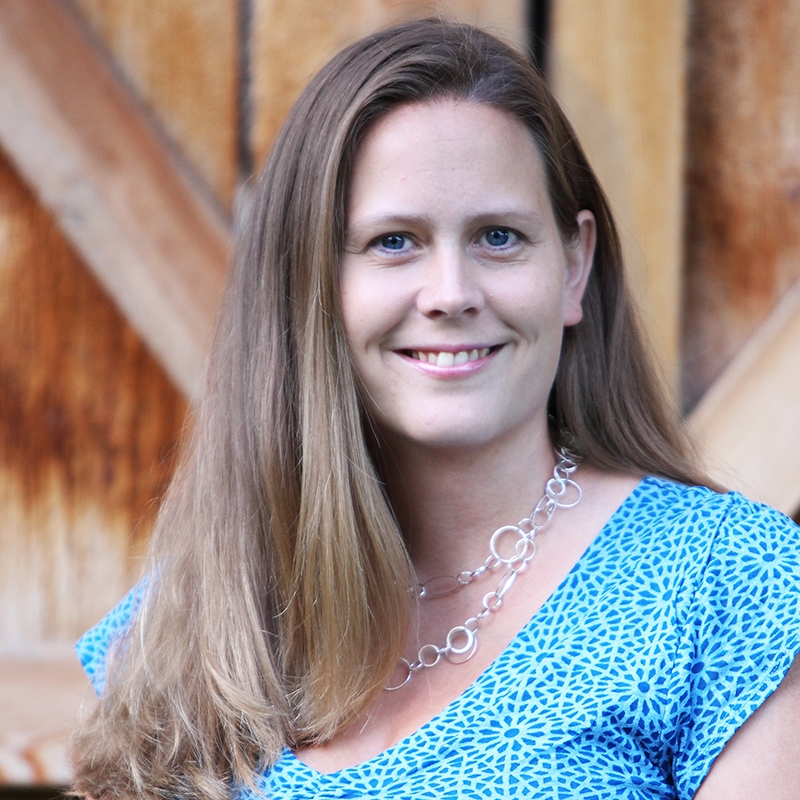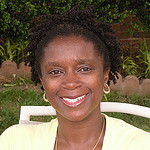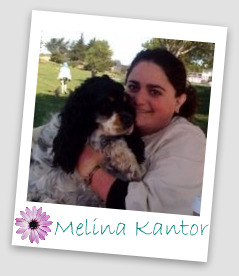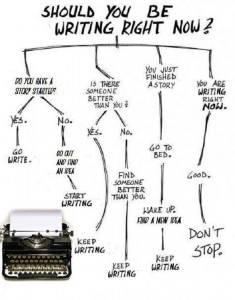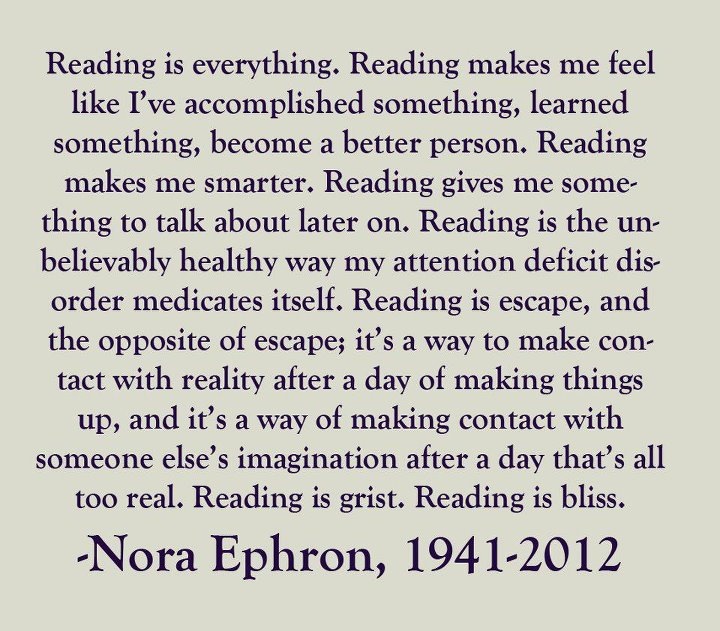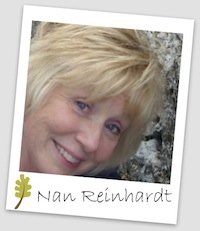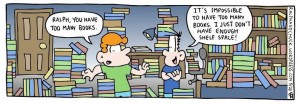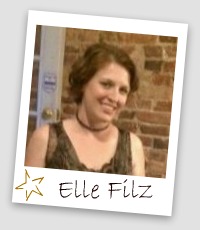 ~by Pamela Aares
~by Pamela Aares
Oh the drum rolls, the eye rolls, the intake of breath when a writer tells an editor they are going to write ‘out of genre’, that they are going to write in a new time period, that they are inspired and gripped by a story set in a new place or with new characters, a story that won’t let go and they simply have to write it.
“But”, the editors say definitively, “readers won’t be able to make that jump, to another genre, or time period, or story concept.” This is often followed by the whispered advice, “You’ll taint your brand.”
Well, I am here to say (along with the voices of my sister writers and readers), that readers are far more sophisticated than they are given credit for by the powers of New York.
The trusted journey of story is far more sacred and powerful than any brand or marketing scheme. The brand at its best can simply point to the trust between reader and writer.
When we readers consider a new book, we peek into the pages, scan the screen, glance through the words to confirm- oh yes, this is the map, this is the voice— I want to go where this writer will take me.
We seek out writers who will take us on a journey so that at the end we will feel just that much better about life, have new clues for living, feel lifted, encouraged, charmed, empowered, and, having had the break that reading the story allowed, be renewed and ready to enter life with more vigor.
Readers want stories that will transport them, entertain them and provide those moments of aha! and oh yes, I have done or felt that or want to do or feel that.
Life takes courage. Going along for the ride on the magic carpet of story blows on the embers of our courage and ignites those precious aha moments that transform us. Those moments light new thoughts within us and often lead to actions that re-enchant life just by the doing of them. Inspired and encouraged by a great story, we find new ways to love the world and ourselves and our lives.
We go on the journey together, readers and writers. Anyone who forgets that breaks the covenant of story.
An author promises not only the words on the page that will wind and turn and weave the fabric of a wonderful story; a trusted author delivers the smile, the laugh, the moments—often days later—when one sees the world and oneself just a wee bit differently, when one feels the gap that has been teased open between what was and what could be and that gap cracks opens a whole new sense of freedom.
We are creatures of story; we are wired for their power.
So when someone, anyone, tells me that a reader (or a listener to audiobooks) cannot cross a gap, cannot read a new time period, will not try a new genre, cannot try something new, I smile. Though I am a writer, I am also a reader. We readers can do far more than marketing departments think possible. Why? Because we, the author and the reader together, are engaged in a sacred journey that is more expansive and reaches deeper than any concept of branding, marketing plan or algorithm can predict.
Stories have a power all their own and it is ours, readers and writers taking the journey together.
Pamela Aares is the author of Jane Austen and the Archangel. She’d love to hear from you at www.PamelaAares.com of on facebook at Pamela Aares. Not much of a twitterer.
Before becoming a romance author, Pamela produced and wrote award winning films and radio shows including Your Water, Your Life featuring actress Susan Sarandon and the NPR series New Voices. After producing The Powers of the Universe and The Earth’s Imagination, she knew without a doubt that romance lives at the heart of the universe and powers the greatest stories of all.
Pamela holds a Master’s Degree from Harvard and lives in the wine country of California with her husband and two curious cats. Her love of nature led to adventures scuba diving the coral reefs of Fiji, exploring the cliffs of Greece, sea kayaking the Rosario Straits and white water rafting the wild and scenic rivers of the west—and romance!

